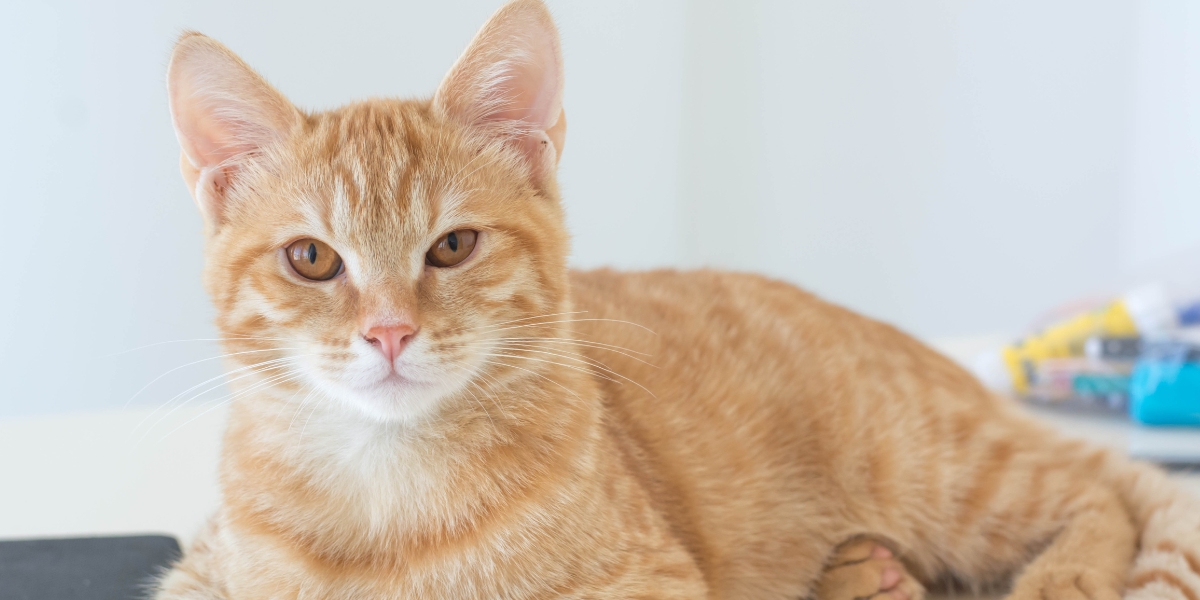Kapanlagi.com - Cats, the furry animals that always manage to steal human hearts, have been our loyal companions since ancient times. In Islam, cats are not just ordinary pets; they hold a special place enshrined in various narratives and stories of the Prophet Muhammad SAW.
The loving attitude towards cats reflects the noble character of a Muslim, in line with the religious values that teach love and care for all of Allah's creations.
Cats are not only known for their cuteness and charm, but they also have a rich history in Islamic civilization. They are not just companions but also symbols of cleanliness and purity, as stated in various hadiths. This is what makes cats have a unique distinction compared to other pets.
Who doesn't know Abu Hurairah, the companion of the Prophet who was nicknamed "the father of cats"? His story is a concrete proof of how cats are respected in Islamic teachings. Even the Prophet Muhammad SAW himself showed extraordinary affection towards these furry creatures.
But wait! Is that all? In this article, we will delve deeper into some interesting facts about cats from an Islamic perspective. Ready to dive into the wondrous world of cats? Let's take a closer look.
1. Cats as the Beloved Animal of the Prophet
Prophet Muhammad SAW is not only known as a figure full of love for humanity but also has a deep affection for animals, especially his beloved cat, Muezza.
In various hadiths, it is revealed how the attention and affection of the Prophet towards Muezza were so extraordinary that he even willingly stopped his ablution so that his cat could enjoy water from his vessel.
This action not only shows love but also emphasizes the importance of treating all living beings well in Islamic teachings.
For the Prophet, cats were not just pets but companions worthy of respect.
From this, we are taught that compassion towards animals is an integral part of our faith.
2. The Purity of Cats in Islam
In various narratives, cats are regarded as creatures that possess their own purity. Their bodies, sweat, leftover food, and even their saliva are not considered impure.
Interestingly, some believe that cat saliva actually has cleansing properties! This positive view reflects how Islam values the cleanliness and purity of these furry animals.
Knowing that cats are not impure allows us to perform our worship more peacefully, especially for cat lovers who keep them at home.
The hadith from Bukhari also emphasizes this, so we need not worry about purity when interacting with these furry companions.
3. Prohibition Against Harming Cats
In Islamic teachings, the kind treatment of animals, especially cats, is elevated as a very noble value.
The strict prohibition against harming or killing cats reflects the great concern Islam has for the welfare of living beings.
To love and care for cats is not just a good deed, but also a reflection of one's character and morals.
By taking care of our pets, we not only express the affection taught in Islam, but also affirm our commitment to living in harmony with all of His creations.
4. The Virtue of Keeping Cats
Caring for cats with love, as exemplified by the Prophet Muhammad (SAW) towards Muezza, is a noble act in Islam that reflects love for all of Allah SWT's creations.
Cats that are well cared for not only bring happiness but also earn rewards for their owners.
Every good deed, such as feeding and maintaining the health of cats, receives a reward from Allah SWT.
Cats, as the beloved animals of the Prophet, become symbols of love and good treatment towards animals, reminding us to appreciate them and apply Islamic values in our lives.
Our love should not be limited to cats, but should also extend to all living beings, in accordance with Islamic teachings that emphasize kindness towards Allah SWT's creations.
(kpl/rao)
Disclaimer: This translation from Bahasa Indonesia to English has been generated by Artificial Intelligence.












